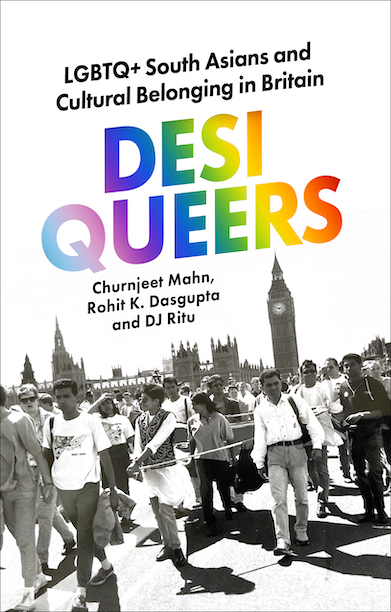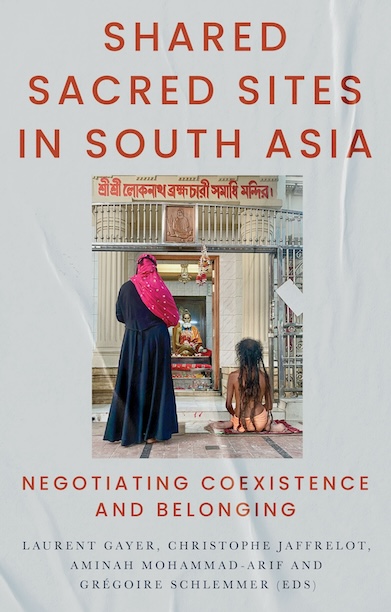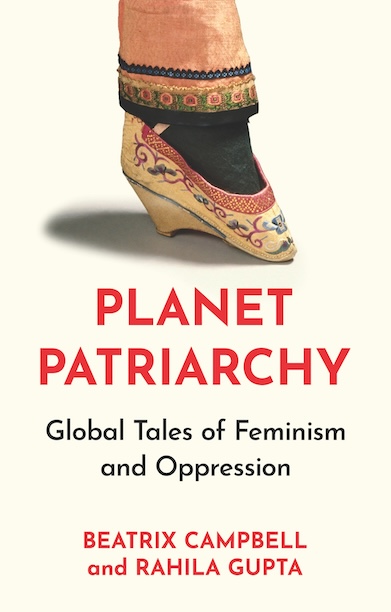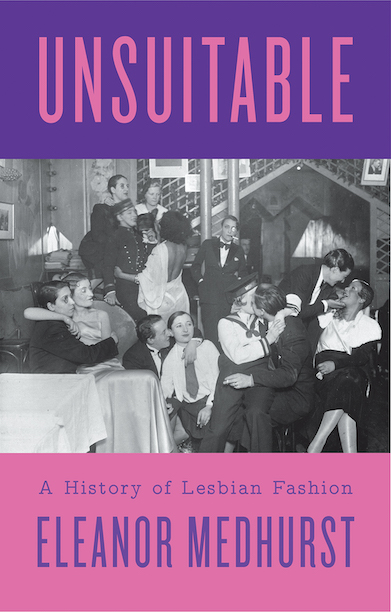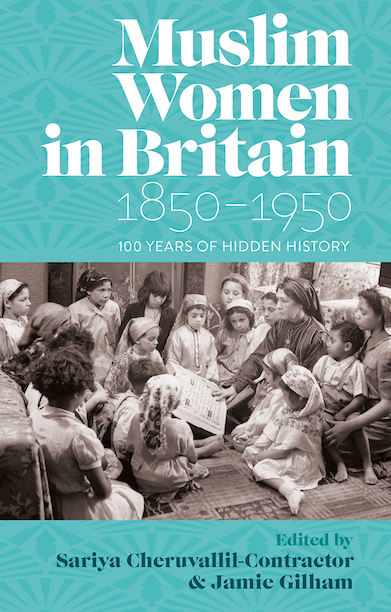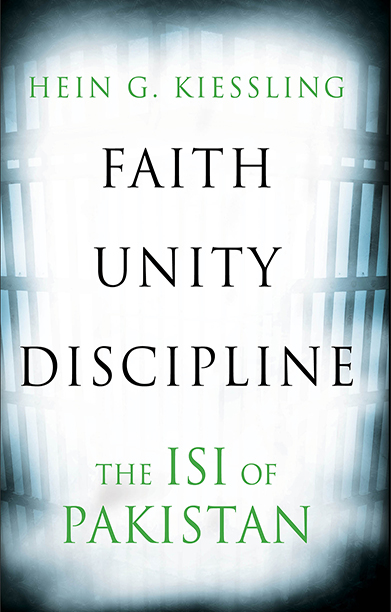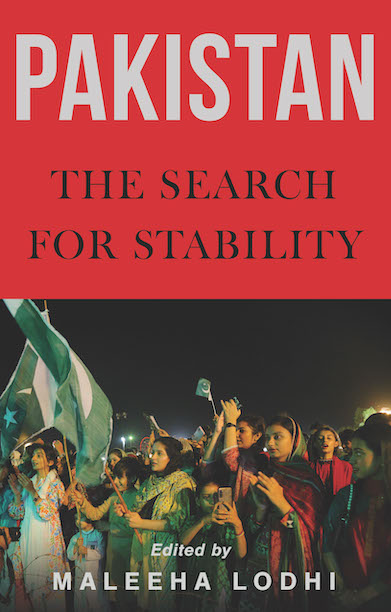Desi Queers
LGBTQ+ South Asians and Cultural Belonging in Britain
A landmark book on South Asian queer communities in Britain and how they have helped to shape LGBTQ+ movements since the 1970s.
Description
Desi Queers reveals how diasporic South Asians have shaped LGBTQ+ movements and communities in Britain, from the 1970s to the present day. Weaving the history of 1980s anti-racism with the emergence of Black LGBTQ+ and feminist coalitions, this book highlights landmark moments in British queer life and culture through South Asian lives, and illuminates British histories of colour through queer politics and creativity.
From the Gay Black Group to Haringey Council’s pioneering Lesbian and Gay Unit, desi queers were at the centre of anti-homophobic direct action in the 1980s, including the historic ‘Smash the Backlash’ demo against bigotry. This activism birthed key grassroots groups of the 1980s and 1990s, such as Shakti and Naz, whose founders and early members opened a path of creative resistance to the intersecting violence of racism and homophobia–a path of solidarity echoing through the twenty-first century.
These spaces and networks have been a refuge for people doubly marginalised in Britain–by experiences of homophobia within South Asian communities, and by the whiteness of mainstream queer scenes. Drawing on artistic creations, archives and oral history, Desi Queers celebrates rich traditions of social and cultural activism alongside stories of everyday life among Britain’s LGBTQ+ South Asians.
Reviews
‘A timely, necessary and at times revelatory account of South Asian queerness in Britain. Featuring insights from some of the best loved South Asian queer icons and cultural leaders, this is a riveting, illuminating, life-affirming and absolutely essential read!’ — Sunny Singh, writer, academic and Director of the Jhalak Prize
‘Desi Queers shares histories and lessons that have been overlooked for far too long. Written in fabulous technicolour, this is intersectionality in action. Joyous, moving and vital.’ — Mobeen Azhar, journalist and film-maker
‘A celebration of the spaces that offered a sense of home and belonging to generations of desi queers. Written with insight, passion and a deep sense of purpose, this vital intervention in the archives of queer history offers an empowering testament for anyone seeking to understand or reclaim their place in the narrative. It’s a book I wish I had when I was younger—a beacon of hope, possibility and pride.’ — Samra Habib, author of We Have Always Been Here
‘The intersection of activism as South Asian migrants and queer people is such a vital and untold history, which this book paints thoroughly and with heart.’ — Sharan Dhaliwal, author of Burning My Roti: Breaking Barriers as a Queer Indian Woman
‘Exploring Black and Asian LGBTQ+ life and world-making in Britain since the 1970s, Desi Queers is a love letter to the labour, vision and impact of queer-of-colour collective community-making in the Brown Atlantic.’ — Jigna Desai, author of Beyond Bollywood
‘Unravels the urgent but under-documented story of interracial solidarities, community rifts and artistic collaborations that make our messy past. This book serves as a manual for the present—for political organising, throwing parties, community archiving, and public education. I learned so much!’ — Kareem Khubchandani, author of Ishtyle: Accenting Gay Indian Nightlife and Decolonize Drag
‘This new book highlights landmark moments in British queer life, politics and culture through Southasian lives.’ — Himal Southasian
Author(s)
Churnjeet Mahn is Professor of English Literature at the University of Strathclyde. Her research focuses on experiences of racism and homophobia in travel writing and accounts of displacement. She has worked on a range of creative research projects related to post-Partition memory, and queer displacement.
Rohit K. Dasgupta is Associate Professor of Gender and Sexuality at the London School of Economics. He researches queer cultures, digital media and cultural industries in South Asia. He is also Honorary Senior Research Fellow at the University of Glasgow.
DJ Ritu is a pioneering EDI activist, international turntablist, Rough Guides contributor and BBC Radio presenter. In the 1980s, she established Shakti Disco at the London Lesbian and Gay Centre, before co-founding both the legendary Club Kali, in 1995, and the queer SWANA (South-West Asian and North African) music club Hoppa. In 2023, Ritu was awarded an MBE for services to music and broadcasting.
